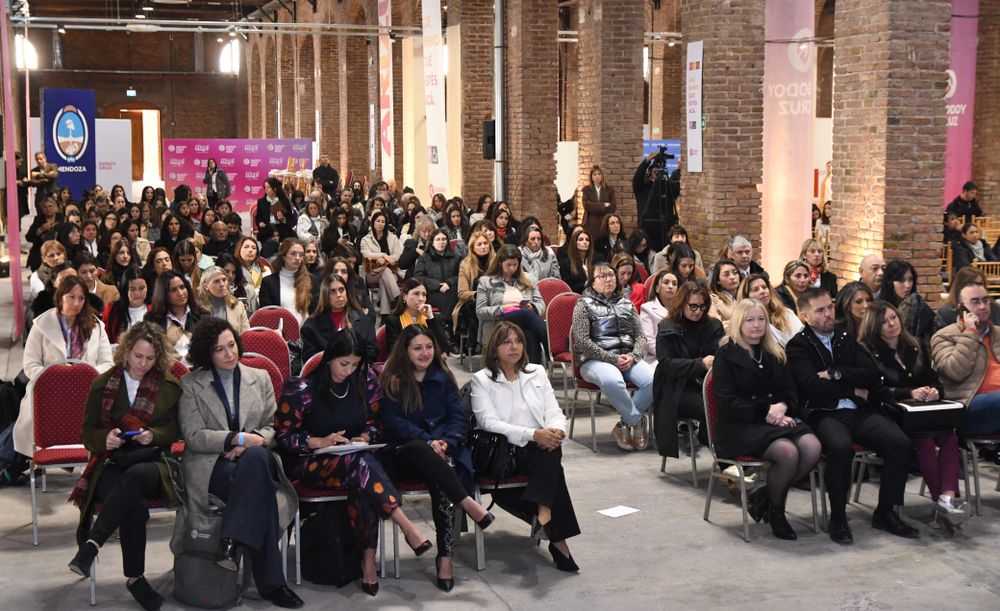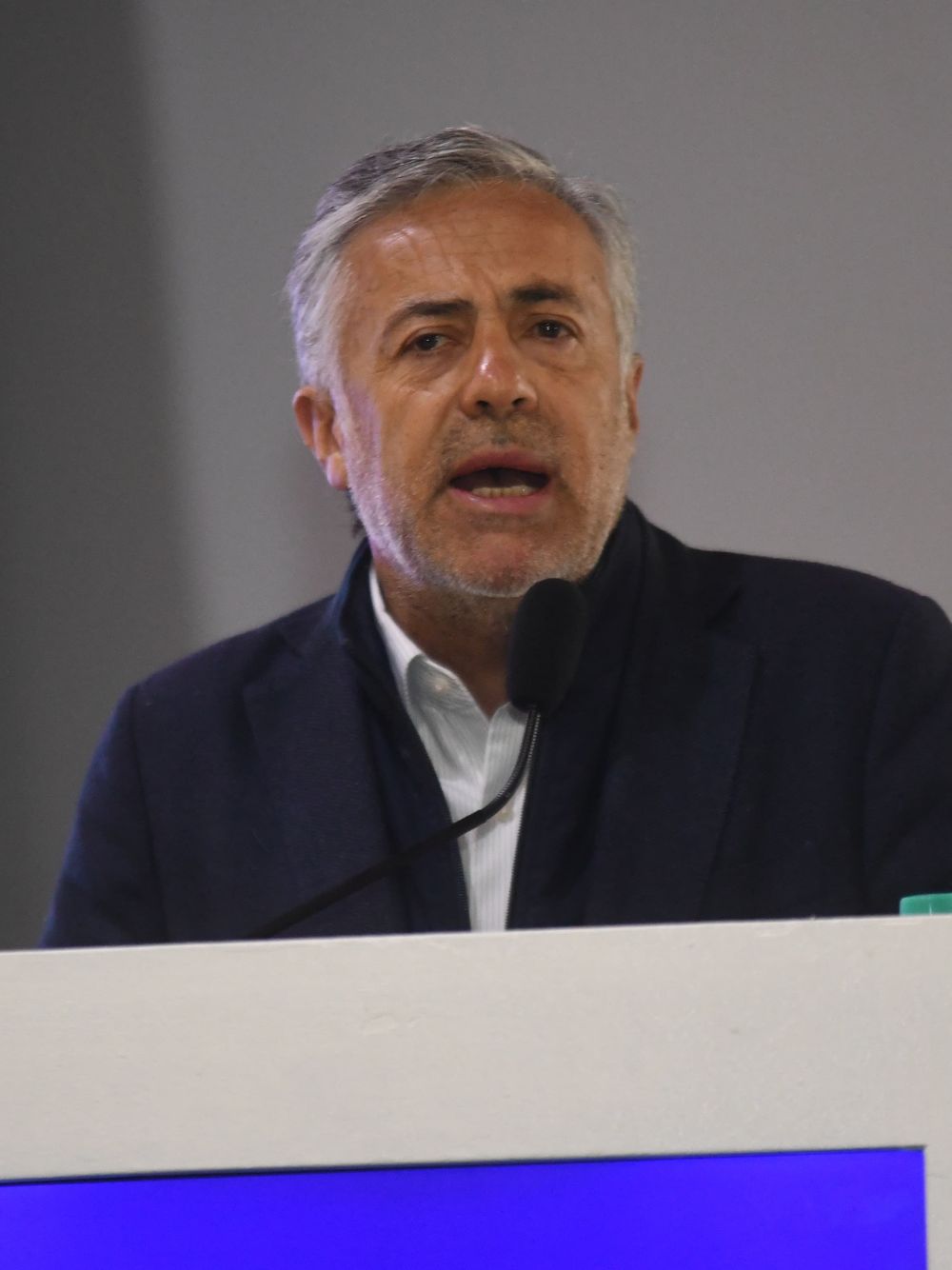Alfredo Cornejo: "Without mining, Mendoza will have serious economic problems with its traditional activities."

Women in Mining Argentina celebrates its fifth anniversary and International Women in Mining Day with a federal meeting, the organization's second in-person event, in Mendoza. The Arizu Space was the meeting point for women in the industry, representatives of mining companies and suppliers, and provincial officials. The event focused on analyzing the present and, above all, the future of the industry and the role of women in that growth.
In her opening remarks, Laura Hernández, president of the WIM Argentina Board of Directors and head of Communications at Veladero , stated that they are convinced the country has a great opportunity to grow through the mining industry, working in a solid, transparent, and integrative manner. She emphasized that the integration of women is fundamental, as is that of young people and all the sectors involved.
He stated that it is no coincidence that the meeting is being held in Mendoza, because the province has both great mining potential and a strong motivation among its leaders to promote the development of the activity.
He stated that mining is the mother of all industries, that it comes to contribute and does not seek to replace others, but rather to complement and coexist with agriculture, winemaking, tourism, and construction. The goal of the meeting is to build bridges for a federal mining industry that reaches the territory, even the most remote communities.
Women in Mining 2.jpeg

Roberto Cacciola, president of CAEM (Argentine Chamber of Mining Companies) , commented that women are already part of the mining industry, that their participation continues to grow in various activities, and that this trend will only continue to strengthen. However, he considered that, more than setting numerical goals, the key is to make their inclusion in the sector visible.
He recalled that the first time he went to the Aguilar mine, he was told that women and priests were not allowed to enter the mine because skirts were prohibited (it was believed that Pachamama would become jealous). With this background, he emphasized that progress has been made that was unthinkable a few years ago.
She suggested that we should work together to demonstrate that women are already active participants in these processes, in order to encourage greater participation, and also to provide support from business associations with specific training on topics that may be of interest to them.
Women in Mining 1.jpeg

Governor Alfredo Cornejo decided to join the meeting (he was not initially scheduled to attend) to thank WIM for choosing Mendoza as the venue for the first event in the interior of the country. He also thanked the large number of attendees and considered it a testament to the expectations generated in the province regarding the development of mining and the opportunities for wealth creation.
She noted that the goal of these types of events should be to break myths. One of them is that mining is a male activity. She commented that when they recently visited the Australian mining company BHP, they were told that they had set a goal of having 50% of their employees be women and that they have already reached 37%. Therefore, she emphasized, women's aspiration for greater participation is not only valid, but feasible.
He added that they are also working to dispel other myths, to allow for a rational and mature conversation, appropriate to the development goals of the province and the country. He indicated that Mendoza is behind in mining, but the country could have much more and that there is a need to add to the traditional driving force of the countryside other sectors, such as gas, oil, and energy—which are already developing—and mining, which offers great potential.
Cornejo stated that they are willing to "do the work of statesmen," because the results of this promotion of mining activity will not be seen in the short term, while they will "pay the costs" of facing certain resistance. However, he noted that they believe it is a legacy they must leave for future generations, because "without stimulating mining activity, Mendoza will have serious economic problems with its traditional activities, which are insufficient to sustain a province of more than two million inhabitants."
Also present at the opening were Vice Governor Hebe Casado; the Minister of Energy and Environment, Jimena Latorre; and the provincial Director of Mining, Jerónimo Shantal ; along with leading women in the mining sector and international figures, authorities from the provinces of Jujuy, San Juan, Córdoba, Buenos Aires, Santa Cruz, Catamarca, and Salta, as well as diplomatic representatives from the Netherlands, the United Kingdom, and the Asia-Pacific Chamber.
losandes





